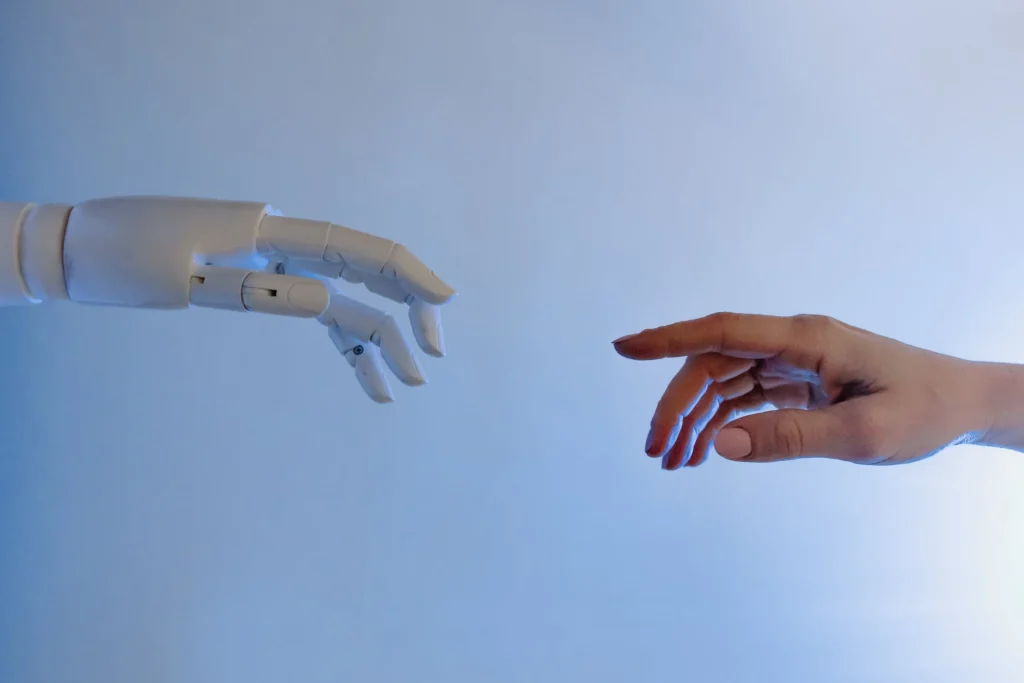Artificial Intelligence (AI) is undoubtedly the buzzword topic so far this year. AI has made substantial impacts on society, profoundly reshaping various aspects of our lives and industries. From healthcare to transportation, from education to entertainment, its influence is far-reaching and transformative. Even causing disruption in government hearings.
Artificial Intelligence (AI) has been around for years, and its impact is increasingly felt as its capabilities improve. AI has revolutionized various industries, and its potential benefits are vast. However, concerns about its drawbacks and risks cannot be ignored. As AI continues to advance, it is important to examine both its advantages and disadvantages, as well as the ethical considerations that come with its development.
The benefits of AI in various industries
AI has brought about significant improvements in various industries, including healthcare, finance, and transportation. In healthcare, AI has been instrumental in diagnosis and treatment planning, leading to more accurate and efficient healthcare services. In finance, AI-powered tools have made trading and investment decisions faster and more reliable. In transportation, self-driving cars are set to further revolutionize the industry, reducing the risk of accidents and increasing efficiency.
AI also has the potential to improve customer service, increase productivity, and reduce costs in various sectors. Chatbots are now being used in customer service to answer common queries, freeing up human agents to handle more complex issues. In manufacturing, AI can optimize production processes, minimize errors, and improve product quality.
The drawbacks of AI and its potential risks
Despite its numerous benefits, AI also has its drawbacks and potential risks. One significant concern is the risk of unintended consequences. As AI systems become more autonomous, they may make decisions that have unintended consequences, which could be harmful. Another concern is the potential for AI to be used maliciously. Cybercriminals could use AI to develop sophisticated attacks, making it harder to detect and prevent them.
AI and the job market: friend or foe?
Another significant drawback of AI is its potential impact on job markets. As AI becomes more advanced, it is possible that it could replace human workers in a variety of industries. This could lead to job losses and increased income inequality. There are concerns that AI could exacerbate existing biases and discrimination in hiring and other decision-making processes.
AI’s impact on the job market is a topic of much debate. Some argue that AI will create new jobs, while others believe that it will replace human workers in various industries. The truth is likely somewhere in between. While AI may replace some jobs, it will also create new ones that require different skills.
This means that the workforce will need to adapt and acquire new skills to remain relevant in the job market. There is a need for policies and programs to ensure that workers are not left behind in the transition to an AI-powered economy.
The ethical considerations of AI development
As AI becomes more advanced, it is important to consider the ethical implications of its development and use. Issues such as data privacy, bias, and accountability need to be addressed.
Geoffrey Hinton, the renowned researcher and “Godfather of AI,” recently shocked the world when he announced he had “quit his high-profile job at Google recently so he could speak freely about the serious risks that he now believes may accompany the artificial intelligence technology he helped usher in, including user-friendly applications like ChatGPT.”
There is a need to ensure that AI is developed and used in a way that is fair and just for all. Additionally, transparency and accountability are crucial in ensuring that AI is not used maliciously.
Another important consideration is the need to ensure that AI is developed in a way that aligns with human values and goals. This means that AI should be designed to enhance human capabilities rather than replace them. It is important to ensure that AI is developed in a way that is beneficial to society as a whole, rather than just a few individuals or organizations.
Striking a balance with AI
AI has the potential to bring about significant improvements in various industries, but it also has its drawbacks and potential risks. As AI continues to advance, it is important to strike a balance between its benefits and risks.
This means addressing its potential drawbacks and risks, while also ensuring that it is developed and used in a way that benefits all members of society.
Ultimately, the goal should be to harness the power of AI to improve people’s lives while minimizing its potential risks and drawbacks.










